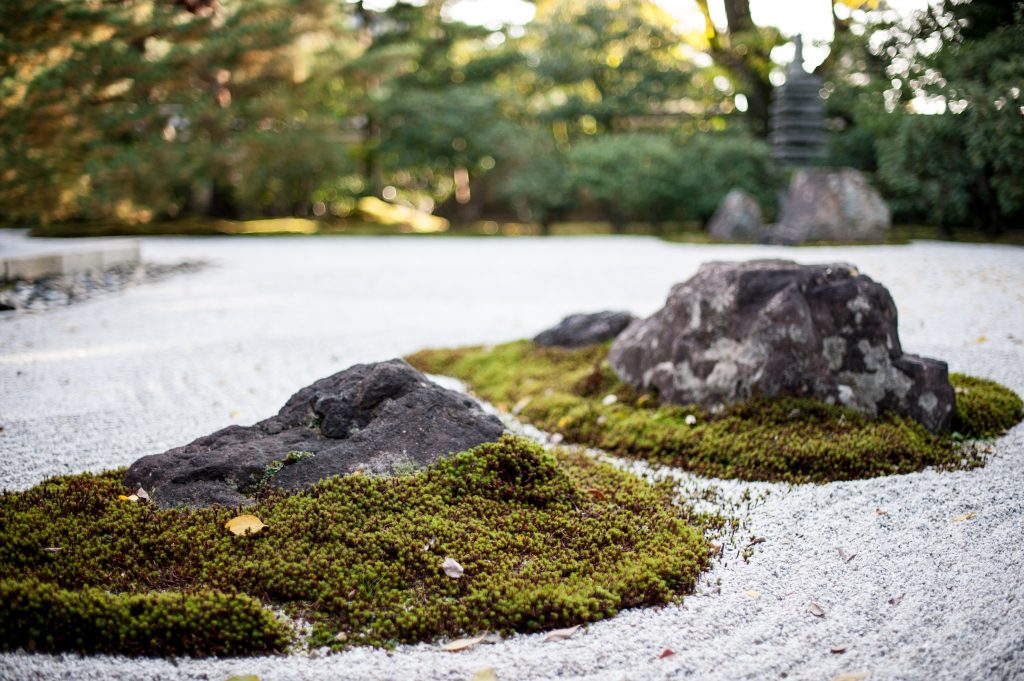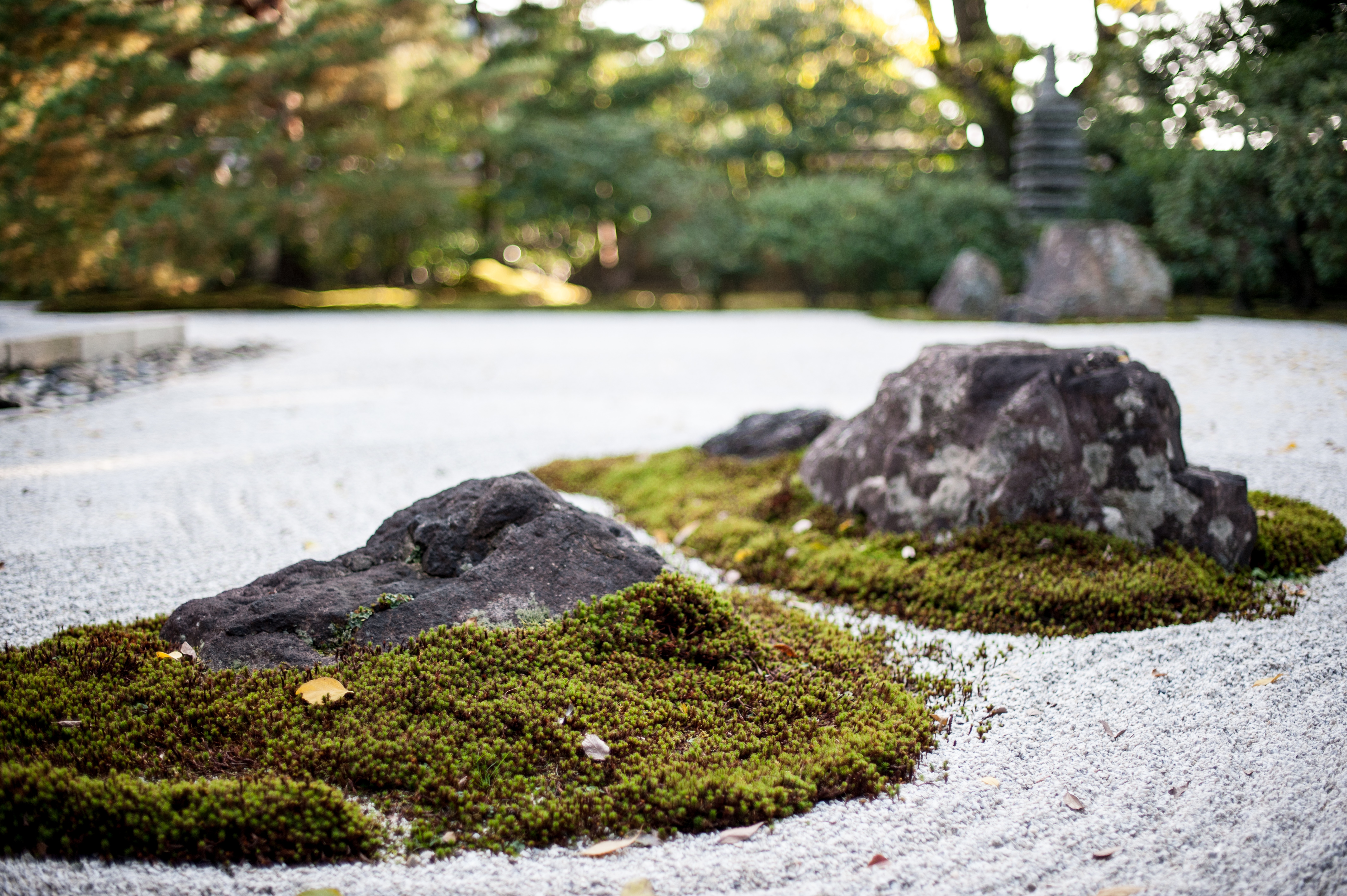
It was Sunday. I walked into one of my favorite department stores to find they were running (yet another) sale.
I grabbed everything that looked mildly interesting and made a dash for the changing rooms. With each outfit, I asked myself questions like, does this fit the image I have of myself? Do I look good in this? Would so-and-so wear this and how would she wear it? Maybe I can change my style– again.
After frantically trying on various pieces of clothing, I marched out of the changing room, a few selections in hand. Within minutes, I was out the door with my brand new purchases.
Shopping bags that sit… and sit… and sit
Here’s the thing. I got home with a mountain of to-dos and left my new purchases by the couch downstairs. Which is where they stayed for at least a week.
I would have taken them out immediately, except for the fact that I wanted time to see how they fit with the rest of my things.
And while it was exhilarating to finally pull out my new dresses and sweaters, that exhilaration dwindled over time, reflecting the dreaded reality of diminishing marginal returns.
Soon, each new piece was ingratiated into my closet. I got bored of them. And I wanted to go shopping again.
Fleeting satisfaction in the ordinary
I’m actually a proponent of loving, creating, and owning beautiful things. My side gig with Noonday Collection is all about partnering with artisan entrepreneurs in vulnerable communities create meaningful opportunity in their neighborhoods– and doing so by making beautiful things.
Bracelets, coasters, pottery… We need beautiful, ordinary things.
But ultimately, we won’t find deep satisfaction that lasts in those things alone. What is reflected in those products is what makes a difference long-term.
Opportunity.
Hope.
Creativity.
Craftsmanship.
Self-worth.
Dignity.
All these things and more are worth some time and space in our lives. And in a way, shopping is sometimes an appreciation of that. But what often is really happening– at best– is that we throw our resources into selecting, purchasing, and organizing things out of a deeper desire for what those things represent. And no matter how deep we go, our need for satisfaction will go deeper still.
C.S. Lewis famously wrote, “If I find in myself desires which nothing in this world can satisfy, the only logical explanation is that I was made for another world.”
Ordinary things can reflect an extraordinary world. But that’s just what they do– they don’t imbue enough meaning on their own for us to find ultimate satisfaction in them.
A rational minimalist approach
Possessions are a part of life. We use things everyday. And part of what it means to be human is the ability to invent, build, create, and generate some pretty exciting items.
The key to healthy ownership isn’t limiting ourselves to a particular number of possessions. While I do advocate for smaller wardrobes (among other things), what I am most interested in is the continued examination of my desires. Minimalism can’t help us much if we don’t move from the what to the why.
[Tweet “Minimalism can’t help us much if we don’t move from the *what* to the *why*. @daisysrosales”]
So the next time you find yourself eyeing a brand new purchase, avoid the legalistic minimalism that says, “If I buy this, I’ll have to get rid of that.” A zero-sum game might be a good discipline to start with, but it’s not much more than that.
Instead, ask yourself this: “Why do I want this? Do I know in what ways this purchase can serve me— and the ways in which it will not?“
What I believe often explains shopping-induced clutter is actually our false notions of satisfaction. We buy things believing they will satisfy us in a deep way. We need to remember that they only offer temporary satisfaction, and evaluate whether that temporary satisfaction is worth the time and space a new purchase will occupy.
As for me, I’ll be working on understanding why certain purchases are so alluring to me… and how those deep longings are meant to be met by a much deeper, richer, life-giving existence.


Oh, Casey you are SO not alone in this. I can relate– more than you know. What a deep and important realization though– shopping won’t improve our image of ourselves. That has to happen from the inside out. Thanks so much for your comment!
Thanks, I will! 🙂
I love so many things you’ve said. I agree that it should be about how you feel and its okay to like pretty ordinary things. I especially love useful pretty things haha.
xx, Pia
http://gymbagsandjetlags.com
That’s an interesting approach. I will work on including it in my purchase decisions.
Thanks Emily!! I definitely want my purchases to be useful and long-lasting.
That is absolutely fantastic, Mica!! What a wonderful way to start of your year. Keep me posted on how it goes!!
Thanks so much for your comment! I am a huge fan of starting with “why”– everything else falls into place.
Yes!! Simplifying our lives is easy to sell.. what’s hard is whether we will replace those material things we declutter.
“While I do advocate for smaller wardrobes (among other things), what I am most interested in is the continued examination of my desires.” A thousand times yes to this. Minimalism and simple living will fall flat every time if we’re not intentional about why we do it. That might mean something different for each person, and we have to figure it out for ourselves, but that’s what makes the simple life sustainable and rewarding.
So loved reading this – I am in that moving from *what* to *why* phase and at first it seemed daunting but I found that the more clarified the why, I found myself acquiring less – everything from clothes to home supplies. I even cut my grocery runs to half.
This was such a good article to read, thank you! 🙂 I found my “will I wear this two different ways in the month I buy it” rule has worked well for me this past couple of years to really critically evaluate why I want things. Often things are pretty or bargains (or pretty bargains) but they’d never work with my lifestyle or wardrobe.
I’ve started #6monthsWithoutShopping this year to try and give myself a chance to reflect. Use what I own, realise how I have much more than I need and just focus on enjoying the clothes I already own without the urge to buy new ones. Hopefully I can stick with it – like you said if you’re thinking critically about why you are likely to have more success with making changes.
Hope you are having a great start to the week and 2017!
Away From The Blue Blog | 5 Year Blogaversary Giveaway
When we were traveling all the time I was fine with owning six identical shirts because the people we saw were rarely around for more than a few days. Now that we have settled down again I find myself buying clothes that mix and match so I can feel like I’m not being seen wearing the same things all the time. It’s still not a lot of pieces but it’s no longer all the same pieces. But, they are all some version of black, sapphire, or persimmon so I can layer them differently to change my look. Still, one new persimmon jacket is going back because it just doesn’t work for me.
This is the best way to think about material things. I don’t want anything that isn’t useful and long-lasting.
I don’t know if anyone else can relate, but I have found that my problem with shopping for clothes and then feeling disappointed stems from a dissatisfaction with my body. I buy clothes (often online) hoping to look a certain way and then become disappointed when I see that I don’t look the way I’d hoped because, of course, my body is different than the women who model the clothes and therefore I look different when wearing them. I am much more aware of it now and also, the dissatisfaction with my body is a deeper problem which I’m working on as well. But just realising this has helped tremendously when I’m tempted to buy clothes. I stop and think, “Do I think this will look good on the body I have RIGHT NOW? And do I really need it for practical reasons?”
Interesting topic Daisy and I can relate those to those unsatisfied feelings. I have gone off shopping for a while now and only buying essentials (jumpers as it’s cold!) the pleasure I get from new things is short lived and now I much rather spend my money on travel and experience as that makes me feel most inspired!
Hanh | hanhabelle